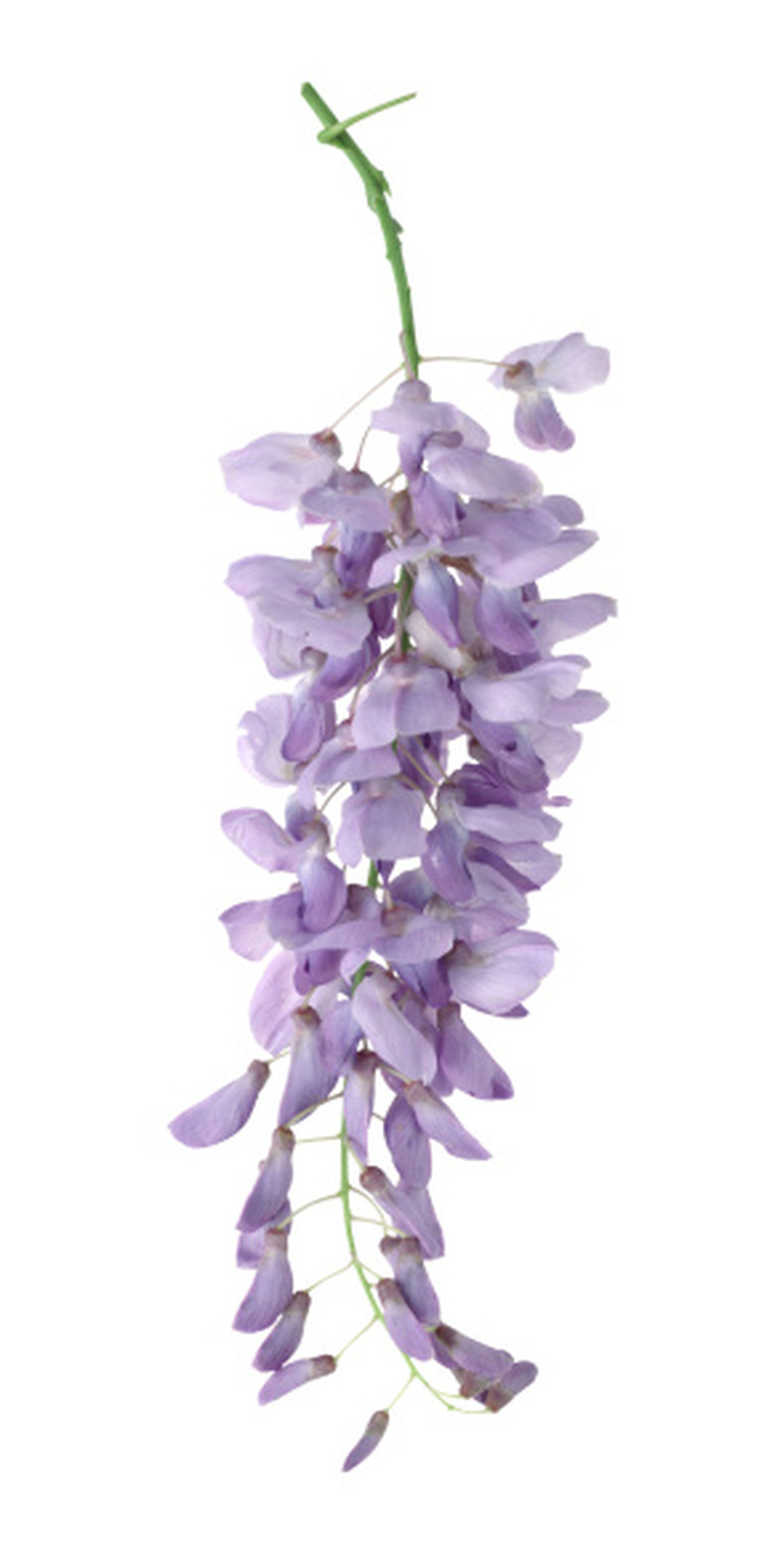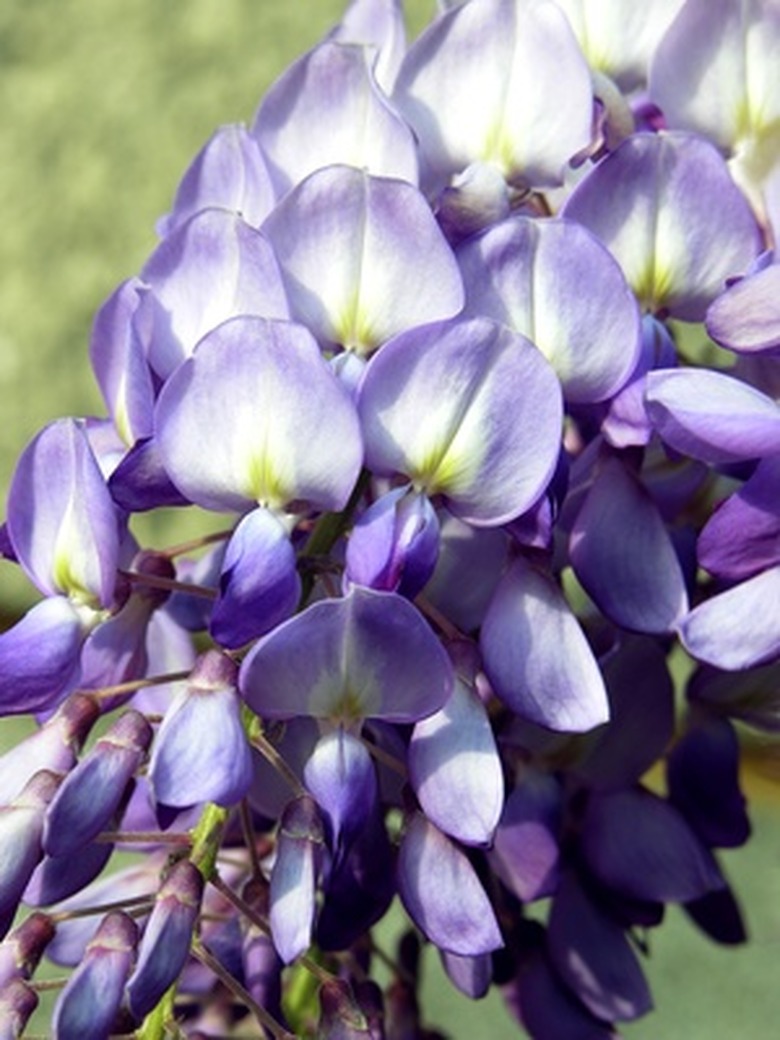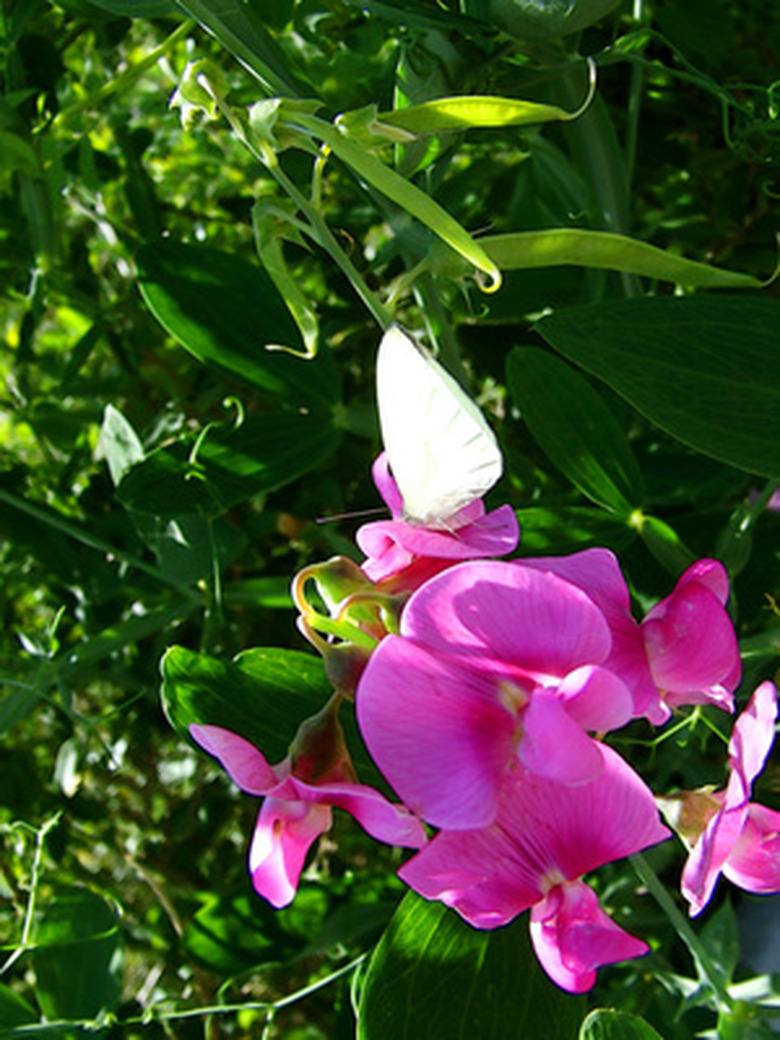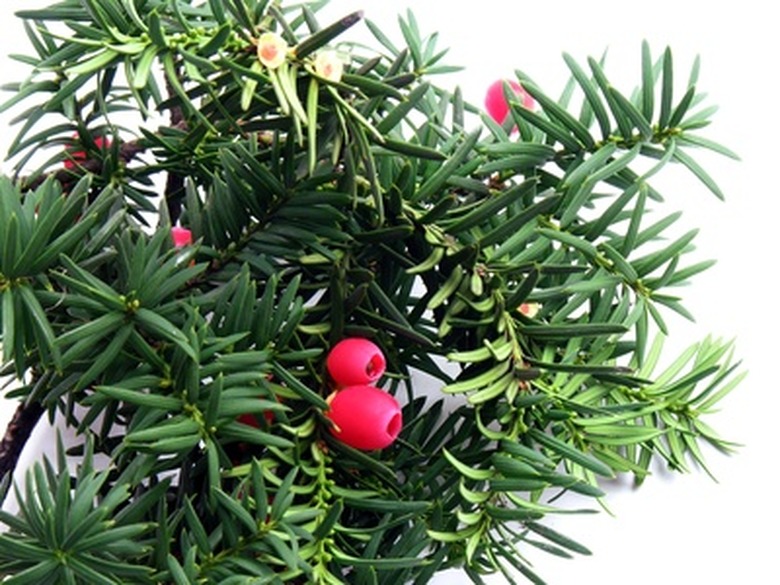Toxic Japanese Plants
There are a number of Japanese poisonous plants that have been introduced to the U.S. Most of these plants are flowering plants that produce colorful flowers and are used as ornamental plants. The common factor with all these plants is that they are all poisonous when ingested.
Japanese Wisteria (Wisteria floribunda)
The Japanese wisteria are sturdy woody vines of the wisteria family. These plants are native to Japan, but were brought into the United States by George Rogers Hall in 1860. Ever since then, the Japanese wisteria has been widely cultivated in the U.S. together with its close cousin, the Chinese wisteria. Both the Japanese and Chinese wisteria are used in making bonsai, a Japanese art form of growing miniature trees in containers. Japanese wisteria have spectacular flowers that fall in cascades from the vines. All parts of the Japanese wisteria are poisonous. However, the bean-like seeds are especially poisonous. Ingesting even two of them can cause serious poisoning in a child.
Japanese Pieris (Pieris japonica)
The Japanese pieris, also known as Japanese Andromeda or lily of the valley shrub, is an evergreen woody shrub that has simple leathery leaves, hairless twigs and clusters of white, drooping flowers. This flower originated from Japan and is also an ornamental favorite for landscaping. The leaves of the Japanese pieris and the nectar from the flowers are the poisonous parts of the plant–which can cause convulsions, nausea, sweating, vomiting and even death when ingested.
Japanese Yew (Taxus cuspidata)
The Japanese yew (spreading yew) is native to Japan, northeast China and Korea. It belongs to the genus Taxus and is an evergreen tree or large shrub with dark-green leaves. The Japanese yew is widely used as an ornamental shrub, but it is poisonous. The entire Japanese yew plant, except for the red berry surrounding the seed, is toxic. It is especially toxic to livestock: one mouthful is enough to kill a horse or cow within minutes. The toxic substance in the Japanese yew is taxine, an alkaloid that reduces cardiac conduction leading to death by respiratory or cardiac collapse.



